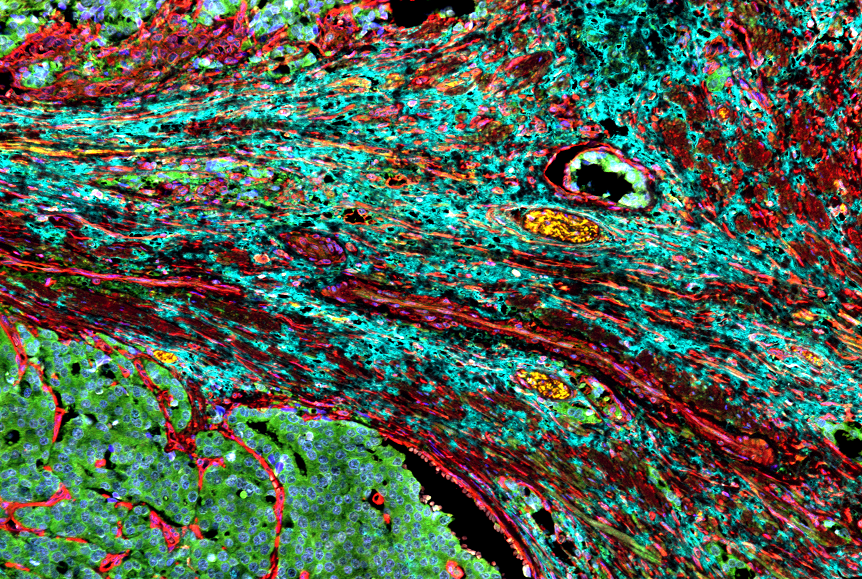
Transgender women keep their prostates after gender-affirming surgery, and as a result are still at risk for prostate cancer, though to what extent remained unclear. A first-of-its-kind study estimates the risk at about 14 cases per 10 000, a little less than half the risk for cisgender males.
The UC San Francisco-led study drew on 22 years of data from the Veterans Affairs Health System. Despite the small sample size due to the size of the transgender population, it is still the largest of its kind.
“What we know about prostate cancer to date is almost exclusively based on cisgender men,” said the study’s lead author, Farnoosh Nik-Ahd, MD, a urology resident at UCSF. “This is an important first step in reshaping how clinicians think about prostate cancer in transgender women.”
Transgender people often face discrimination and disparities, and there has been a growing acknowledgment of the complexities involved in their health care.
The study found 155 confirmed transgender women with prostate cancer and stratified them according to whether they had used oestrogen: 116 had never used oestrogen, 17 had once used oestrogen but stopped before they were diagnosed with prostate cancer and 22 were actively on oestrogen.
The median age of diagnosis was 61 years, and 88% of the patients were white. Just 8% were Black, suggesting possible disparities affecting this group. Black cisgender men are at higher risk of being diagnosed with and dying from prostate cancer.
Though reduced compared to cisgender males, risk remains
The authors found that prostate cancer occurs in transgender women more frequently than published accounts suggest, with about 14 prostate cancer cases annually per 10 000 transgender women. Still, that rate was lower than what could be expected based on cisgender males, with 33 cases annually per 10 000.
While the numbers were small in the new study, the data suggests that transgender women who take estrogen may have delayed diagnoses. The authors also said that lower rates of prostate cancer may have been due to less PSA screening, misinterpretation of PSA levels in patients on gender-affirming hormone therapies, stigma, lack of awareness of prostate cancer risk and the effects of estrogen.
“We still have a lot of work to do to determine optimal prostate cancer screening for transgender women on oestrogen and related treatments,” said co-senior author Matthew R. Cooperberg, MD, MPH, of the UCSF Department of Urology. “This study should be a reminder to clinicians and patients alike that, regardless of gender, people with prostates are at risk for prostate cancer.”

